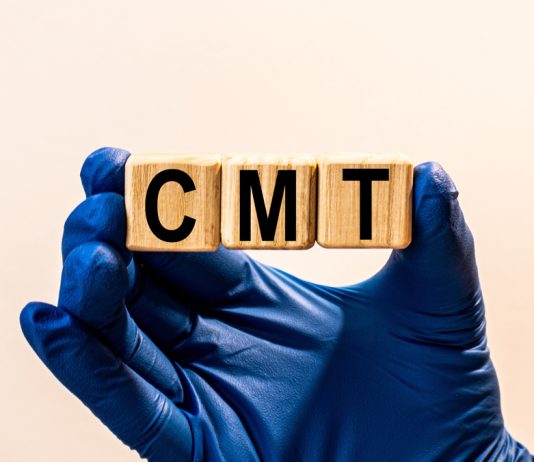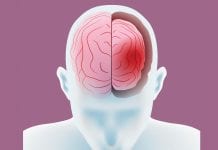Online CBT as effective as traditional CBT for depression
Online cognitive behavioural therapy (CBT) can be as effective at treating depression as traditional CBT, new research has shown.
In an international study, scientists found...
Researchers develop non-invasive test to diagnose coeliac disease
A new, non-invasive method for diagnosing coeliac disease has been developed by researchers.
In collaboration with the Biodonostia and Biocruces Institutes and the Txagorritxu and...
Early COVID-19 symptoms differ among age groups, research reveals
Early symptoms of the COVID-19 infection vary depending on factors such as age and gender, new research using machine learning has found.
A study led...
Diabetes care needs to be accessible and affordable
Todd Boudreaux, from Beyond Type 1, discusses the significant disparities in access to medication and care for diabetes patients.
It is estimated that approximately 463...
Existing drugs could prevent blood clots in severe COVID-19 cases
New findings that COVID-19-related blood clots may be caused by an abnormal antibody response could help to identify preventative treatments.
Researchers have demonstrated how antibodies...
Improving care for pulmonary hypertension patients
Lorna Malkin, Editor of Health Europa Quarterly, spoke to PHA Europe about the management and treatment of pulmonary hypertension.
Pulmonary hypertension (PH) is a rare...
1.5 million children worldwide lost a parent or guardian to COVID-19
Around 1.5 million children globally experienced the death of a parent, grandparent, or caregiver due to COVID-19, a new study has estimated.
Using COVID-19 mortality...
Scientists discover novel coronavirus in UK bats
A coronavirus related to the cause of COVID-19 in humans has been found in British bats, researchers say.
In a collaborative research project between the...
COVID-19 linked to brain complications in children hospitalised with virus
Around one in 20 children hospitalised with COVID-19 develop related brain or nerve complications, a new study has shown.
Researchers at the University of Liverpool...
Questionnaire can detect autism in toddlers, study finds
A short questionnaire could be used to detect autism in toddlers, new research has suggested.
Researchers from the University of Cambridge have determined that autism...
Acute exercise could slow down cancer cell growth
Regular exercise could help to halt the progression of cancer cells, new research has shown.
The findings of a recent study were presented at The...
Common pesticide may increase autism risk, researchers find
Exposure to a common pesticide has been linked to a frequent autism-associated gene mutation, new research has found.
In a study conducted by researchers at...
A major breakthrough in HER2-positive breast cancer research
Researchers have made a groundbreaking discovery in advancing treatments for HER2-positive breast cancer, one of the most aggressive forms of the disease.
Conducted by a...
Optimising metastatic melanoma therapy by combining two treatments
A novel study has potentially revealed the most optimal strategy for combatting metastatic melanoma by combining chemotherapy and BRAF oncogene inhibitors.
The study, conducted as...
New prostate cancer treatment prolongs patient life significantly
A team of international researchers have developed a novel prostate cancer treatment that effectively targets the disease and prolongs patient life.
The new prostate cancer...
Early blood sugar control in Type 2 diabetes reduces mortality risk
Controlling blood sugar levels early following a Type 2 diabetes diagnosis significantly impacts future prognosis, new research has found.
Researchers from the University of Gothenburg...
Preventing and combatting osteoporosis with low-intensity vibration
Low-intensity vibration (LiV) can naturally prevent and combat osteoporosis while improving movement, flexibility and freedom.
Osteoporosis is a global health epidemic, affecting over 20 million...
Blood test developed to distinguish patients with frontotemporal dementia
Scientists have demonstrated, for the first time, that a blood test is able to detect frontotemporal dementia.
Researchers from the University of Eastern Finland have...
Understanding the impact of long COVID to improve future treatment
A study into long COVID has highlighted the need for greater research, diagnostic procedures, and pandemic preparedness moving forward.
For the foreseeable future, the coronavirus...
Research discovery could lead to more immunotherapy for cancer patients
New insights surrounding a particular protein could help to broaden the range of effective immunotherapy treatments available for cancer patients.
Researchers from the Karolinska Institutet...


























